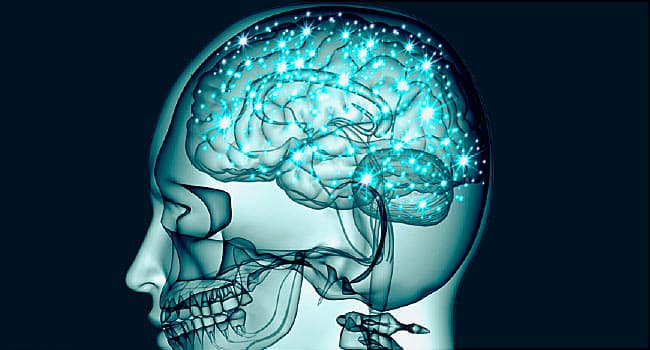A new study in eLife has examined type 2 diabetes mellitus (T2DM) and brain aging.
The research was based on data available from the UK Biobank, including neuroimaging and cognitive data.
“Our findings were complemented by meta-analyses of published reports with cognitive or neuroimaging measures for T2DM and healthy controls (HC),” according to the study’s authors.
“We also evaluated in a cohort of T2DM diagnosed individuals using UK Biobank how disease chronicity and metformin treatment interact with the identified neurocognitive effects.”
The findings point to a neurocognitive impact with T2DM resulting in marked acceleration of normal brain aging.
“T2DM gray matter atrophy occurred approximately 26% ± 14% faster than seen with normal aging; disease duration was associated with increased neurodegeneration,” the study uncovered.
“Mechanistically, our results suggest a neurometabolic component to brain aging. Clinically, neuroimaging-based biomarkers may provide a valuable adjunctive measure of T2DM progression and treatment efficacy based on neurological effects.”


